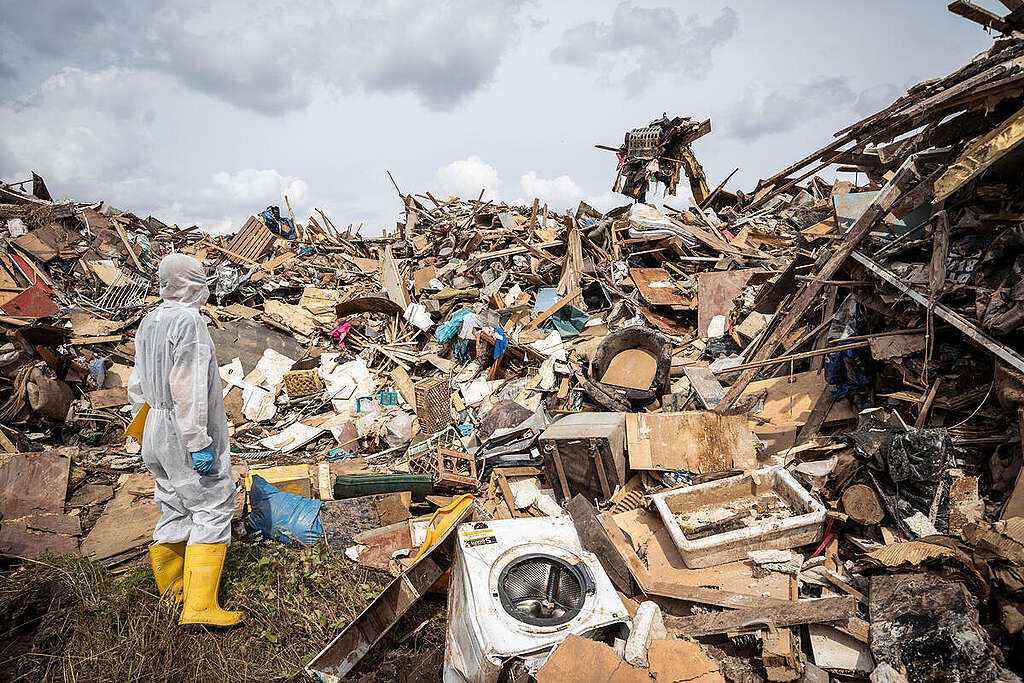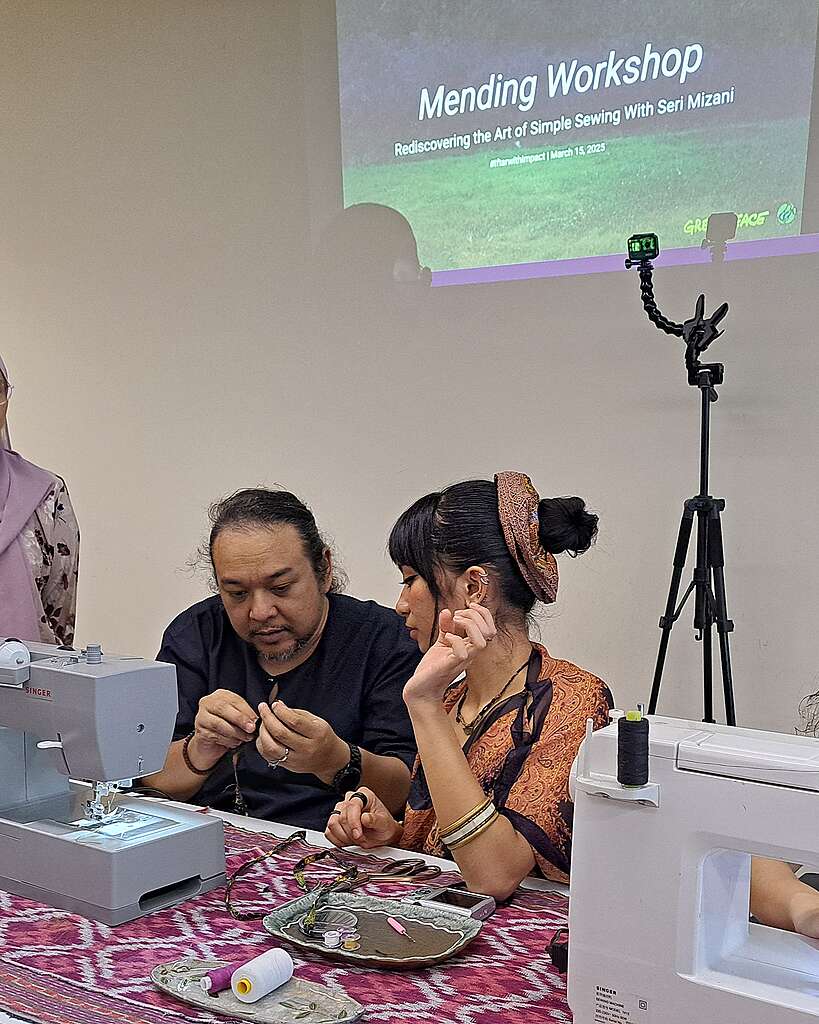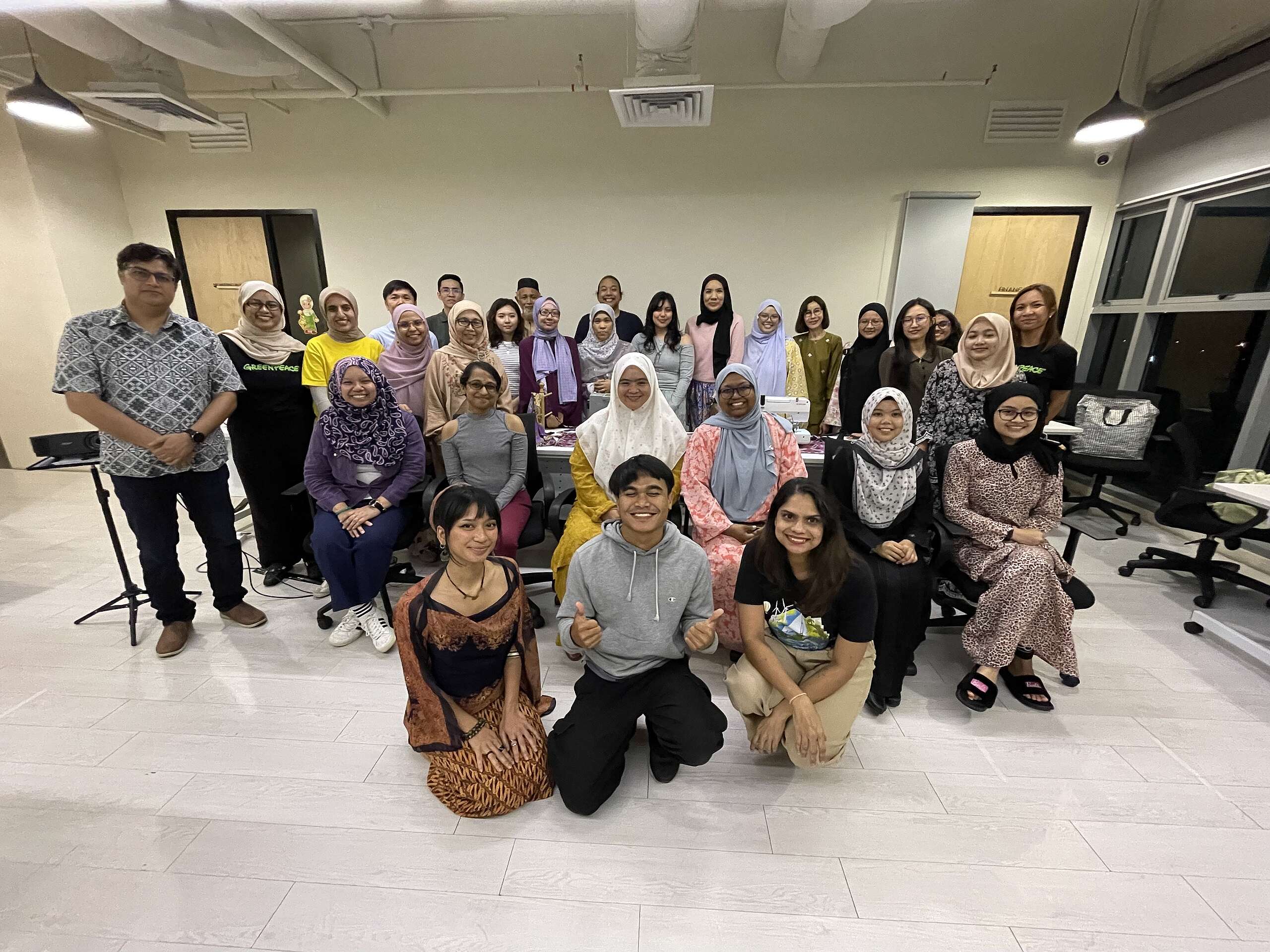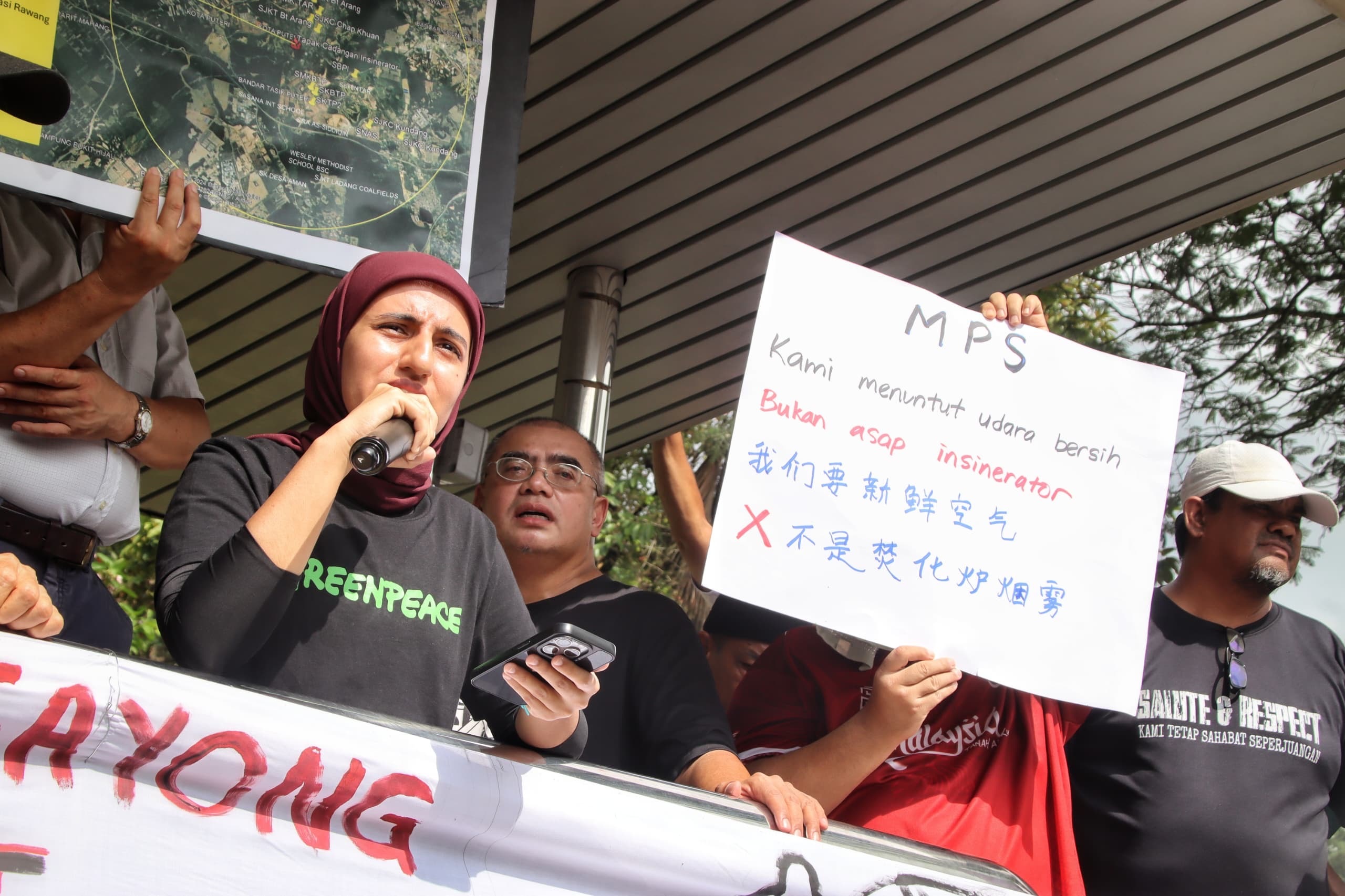Living zero-waste isn’t about perfection—it’s about progress. Through daily decisions and thoughtful changes, I’m learning how small steps in food, fashion, and tech can help build a more sustainable, meaningful future for all.

© Bernd Lauter / Greenpeace
The sheer volume of waste I see around me, from discarded food to obsolete electronics and mountains of unwanted clothing, is frankly overwhelming. It’s a stark reminder of how our modern lives, built on convenience and consumption, are contributing to a planetary crisis. I’ve realised that I can’t just stand by; I have to actively change my own habits.
One of the most impactful changes I can make is in my diet. The amount of meat I consume, and the knowledge of the environmental impact of the livestock industry, has become a real concern. I’m actively trying to reduce my meat intake, exploring plant-based alternatives and learning to appreciate the variety and deliciousness of vegetarian and vegan meals. It’s not just about reducing my carbon footprint; it’s about making a conscious choice to live more sustainably.
The amount of electronic waste is another issue that hits close to home. My old phone, my outdated laptop – where do they all go? I’m trying to be more mindful of my electronic purchases, considering the lifespan of products and looking for companies that prioritise sustainable manufacturing and recycling. I’m also researching local e-waste recycling programs, determined to dispose of my old devices responsibly.
Then there’s the clothing waste. My overflowing closet, filled with items I barely wear, is a testament to the fast-fashion culture. I’ve started to see the beauty and resourcefulness in repurposing and mending old clothes. My sewing skills are rudimentary, but I’m learning to mend tears, alter ill-fitting garments, and even transform old fabrics into new, usable items. It’s a satisfying feeling, giving new life to something old, and it reduces my reliance on buying new things.

However, I know that individual actions alone aren’t enough. We need systemic change, and that requires collective effort. That’s why I’m looking into crowdfunding platforms, particularly those associated with organisations like Greenpeace Malaysia. I want to support campaigns that are working towards policy changes, promoting sustainable practices, and funding research into innovative environmental solutions. It feels empowering to contribute, even in a small way, to a larger movement.
I’ve come to realise that sustainability isn’t just an abstract concept; it’s a series of conscious choices I make every day. It’s about being mindful of what I consume, how I dispose of waste, and how I can support initiatives that are working towards a healthier planet. It’s about taking responsibility for my own actions and contributing to a future where we live in harmony with the environment. It’s daunting, but I know that every small step I take makes a difference. And I’m determined to keep taking those steps.
A.C. Einhander has supported Greenpeace as a dedicated donor and advocate for the past four years.



